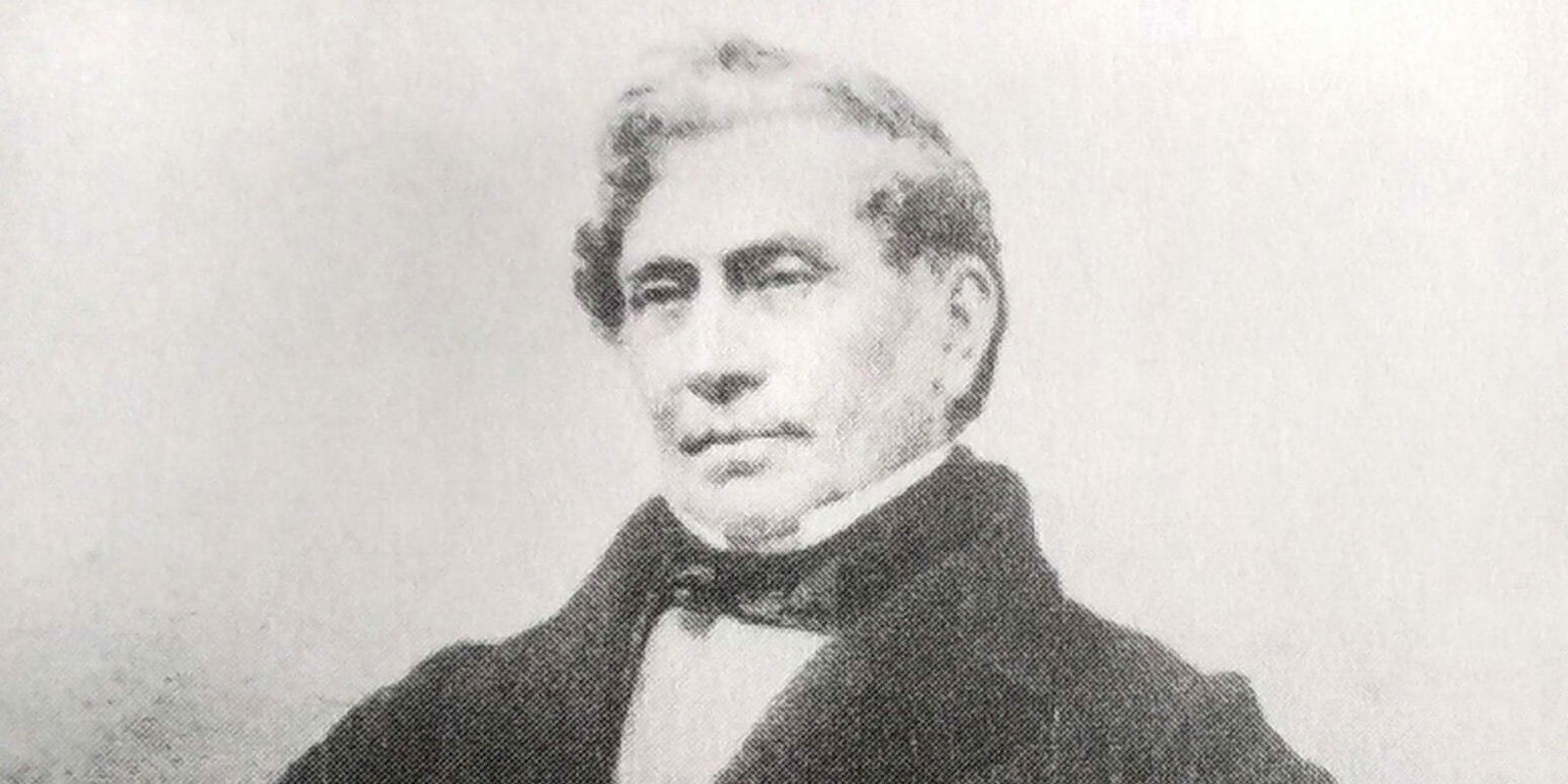A historical novel is earning backlash from prominent authors and transgender activists on Twitter, accusing its author of misgendering the book’s protagonist.
The Cape Doctor by E.J. Levy was announced in Publisher’s Marketplace this week, a historical novel about the 19th century surgeon James Barry. With a dramatic life story including military service, international adventures and a sex scandal, Barry was assigned female at birth but lived his entire adult life as a man. In the past, he was seen as a woman who donned men’s clothing so he could become a doctor, but LGBTQ historians now regard him to be a transgender man.
Barry consistently identified as a man throughout his life, long after the first women doctors began to practice medicine in the U.S. and U.K. His birth sex was only discovered after his death in 1865, against his express wishes to have his body buried without examination. This strongly suggests that Barry was outed as transgender against his will, and that he wanted to preserve his legacy as a man. However, The Cape Doctor’s announcement describes Barry as “a woman all along,” and the author persistently refers to Barry as “she.”
The Cape Doctor has become a full-blown controversy on Twitter, with authors and trans historians demanding that the book either be canceled or rewritten with help from a sensitivity reader.
Linking a very short thread I did on why Dr James Barry means so much to trans people, particularly trans men, to help people understand exactly why everyone is so mad. To help them understand exactly what is being taken away. https://t.co/2gQgGTqX2i
— Jay Hulme (@JayHulmePoet) February 14, 2019
Great, a gross transphobic book erasing historical Dr. James Barry’s gender has been purchased in a pre-empt, i wish i could use “pre-empt” differently in regards to this book.
— heidi heilig (@heidiheilig) February 14, 2019
https://twitter.com/nkjemisin/status/1096286068201136128
Author E.J. Levy responded by saying that Barry “refused facile gender categories” and “there’s no evidence Barry considered herself trans,” describing the backlash as a “troll mob.” Over 700 people responded to the tweet below, accusing Levy of trying to erase a trans person from history and pleading with her to rethink the book.
https://twitter.com/EJLevy/status/1096158218592473088
Levy pointed out that earlier books referred to Barry as a woman, but it’s worth remembering that many earlier writers would be unaware of or resistant to trans interpretations of history. In a similar vein, plenty of queer historical figures were previously assumed to be straight, or had their sexuality erased from the historical record.
Accusing her critics of “policing gender,” Levy’s response coincided with some recurring themes in anti-trans rhetoric online. Trans-exclusionary radical feminists often theorize that trans and nonbinary people are just rebelling against gender norms, and that their gender identity is not valid. This plays into conspiracy theories that trans men are actually lesbians or gender-nonconforming women who have somehow been pressured by society to identify as men. Given the recent rise in transphobic bigotry, people are concerned about the possibility that Barry might be viewed through this lens. The initial response to The Cape Doctor suggests an impasse: Levy is determined to characterize Barry as a misunderstood woman, while trans people and their allies see this as historical erasure.
The Daily Dot has reached out to Levy’s publisher, Little, Brown, and Co., for comment.


